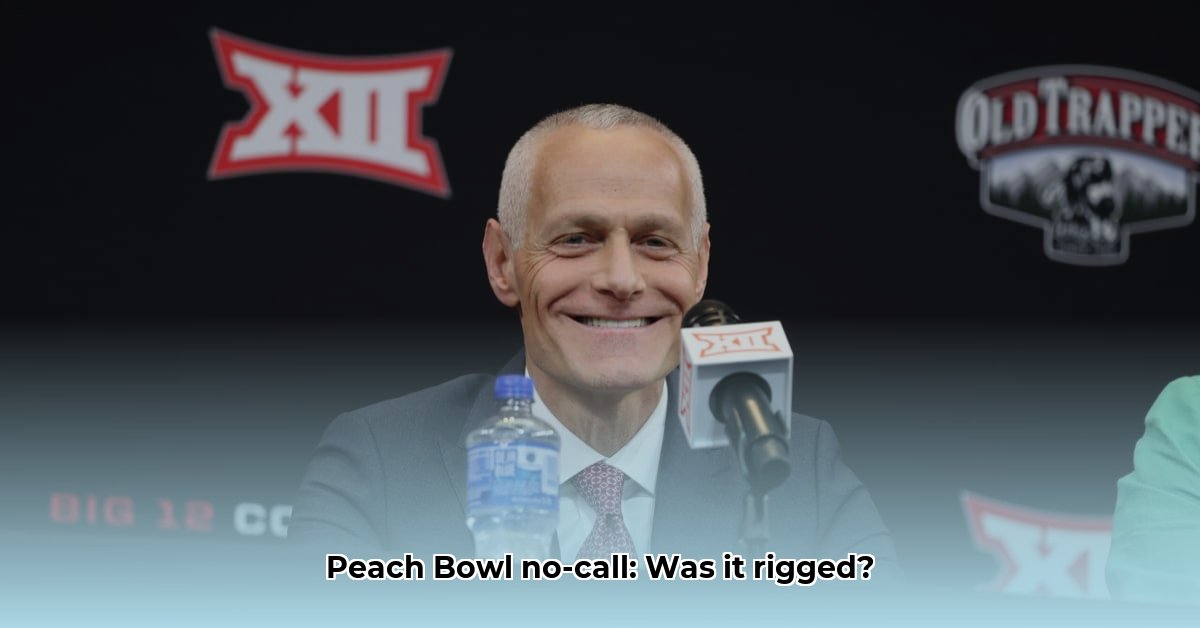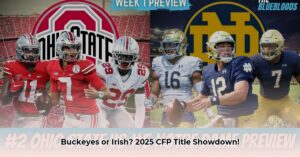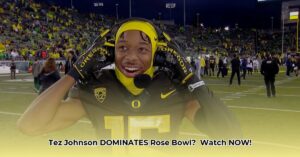Peach Bowl No-Call Fuels Targeting Rule Debate
The final seconds of the 2024 Peach Bowl quarterfinal between Texas and Arizona State ticked away, with the Sun Devils trailing by eight points. A critical catch by Arizona State receiver Melquan Stovall offered a glimmer of hope, but a jarring hit by Texas safety Michael Taaffe immediately sparked controversy. Despite the apparent force of the collision, officials declined to throw a flag for targeting, a decision that left many questioning the integrity of the game and ultimately propelled Big 12 Commissioner Brett Yormark to demand a comprehensive review of the targeting rule.
Dissecting the Play: A Critical Look at the Collision
With Arizona State driving late in the fourth quarter, Stovall leaped for a crucial reception. As he secured the ball, Taaffe delivered a forceful hit. The stadium held its breath as Stovall remained on the field, visibly shaken. Replays showed the impact, prompting many observers to believe it met the criteria for targeting. [Insert video clip of the play with slow-motion and zoom features]. The absence of a penalty flag ignited immediate debate, intensified by the fact that a targeting call would have given Arizona State an automatic first down, significantly altering their chances of tying the game. Yormark’s subsequent call for a review likely echoes the frustration of Arizona State fans and many neutral observers who felt the no-call potentially swung the game’s outcome.
Yormark’s Statement: A Call for National Standards
Yormark didn’t mince words in his December 30, 2024, statement. He directly criticized the officiating and questioned the lack of a targeting call, pushing for a review of how the rule is enforced, particularly in high-stakes playoff games. He advocated for “national standards” to ensure consistent application of the targeting rule across all conferences and games.
“[Insert Yormark’s full statement here]”
Yormark’s emphasis on national standards suggests a concern that inconsistencies in officiating could unfairly impact game outcomes, especially in crucial playoff scenarios. He clearly aims to create a more uniform and transparent system, reducing the potential for controversial no-calls like the one in the Peach Bowl.
Targeting Rule’s History: A Balancing Act Between Safety and Fair Play
The targeting rule, designed to protect players from dangerous head and neck injuries, has long been a subject of debate. Its application requires referees to make split-second judgments in the heat of the moment, often with limited angles and information.
Some argue that the rule is inherently subjective and difficult to enforce consistently. Others contend that it strikes a necessary balance between player safety and the traditionally physical nature of football. The Peach Bowl incident reignited this debate, underscoring the challenges of applying the rule in crucial game situations.
Implications and Future of Targeting Enforcement
The fallout from the Peach Bowl no-call could be significant. Yormark’s demand for a review puts pressure on the College Football Playoff (CFP) management committee to respond. Possible outcomes include clarifying existing guidelines for officials, increasing the use of technology like instant replay, or even revising the targeting rule itself. Some have suggested implementing a tiered penalty system for different levels of severity, while others advocate for greater reliance on post-game reviews.
The Peach Bowl controversy has become a catalyst for a larger conversation about the future of targeting in college football. While the immediate focus is on officiating consistency, the broader issue is protecting players while preserving the integrity and excitement of the game. This delicate balance will likely continue to be a topic of discussion and potential rule adjustments in the years to come. It will be interesting to see how the CFP and the NCAA address these concerns and what concrete changes they implement.
What Are Your Thoughts?
The Peach Bowl no-call and Yormark’s subsequent actions have placed the targeting rule squarely in the spotlight. What do you think of the current rule? Should it be changed? How can college football best balance player safety and the spirit of the game? Share your thoughts in the comments below.







